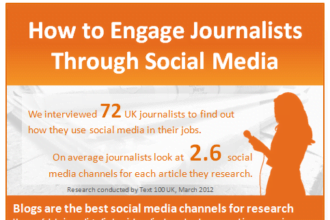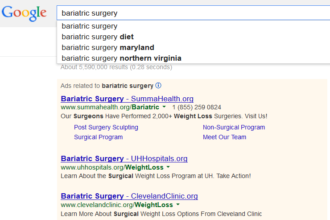 First published on MedCityNews.com. In the latest pharma-academia partnership, Genzyme and Cleveland Clinic researchers will align their efforts to better understand and treat multiple sclerosis.
First published on MedCityNews.com. In the latest pharma-academia partnership, Genzyme and Cleveland Clinic researchers will align their efforts to better understand and treat multiple sclerosis.
 First published on MedCityNews.com. In the latest pharma-academia partnership, Genzyme and Cleveland Clinic researchers will align their efforts to better understand and treat multiple sclerosis.
First published on MedCityNews.com. In the latest pharma-academia partnership, Genzyme and Cleveland Clinic researchers will align their efforts to better understand and treat multiple sclerosis.
Their new research collaboration will span at least five years and will be led by a steering committee of researchers from both organizations, Genzyme said. Initially, their work will focus on better understanding the pathology of MS and exploring new strategies for preventing and treating neurodegeneration associated with the disease.
As Big Pharma continues to expand its external R&D efforts, these kind of relationships with academic medical centers, which could benefit from eventual licensing agreements if their research is successful, have become somewhat commonplace. Gilead and Yale inked a multi-year collaboration to search for new targets for cancer therapies, for example. And through its Centers for Therapeutic Innovation, Pfizer is working with academics at about two-dozen institutions to develop drugs.
A Cleveland Clinic spokeswoman said the health system also has other similar research and development agreements with pharmaceutical companies.
Genzyme markets Aubagio, a once-daily oral drug for relapsing forms of MS, and said in the announcement it’s committed to building a “sustainable pipeline of novel therapeutic approaches.” But that took a blow in December when the FDA rejected its late-stage drug candidate Alemtuzumab (Lemtrada). Genzyme has said it will resubmit for approval this quarter.
At the early-stage end of the pipeline, Cleveland Clinic is a likely partner because its Mellen Center for Multiple Sclerosis sees 20,000 patients a year and has a “highly innovative and active research team,” Genzyme said.
The terms of the agreement were not disclosed.







